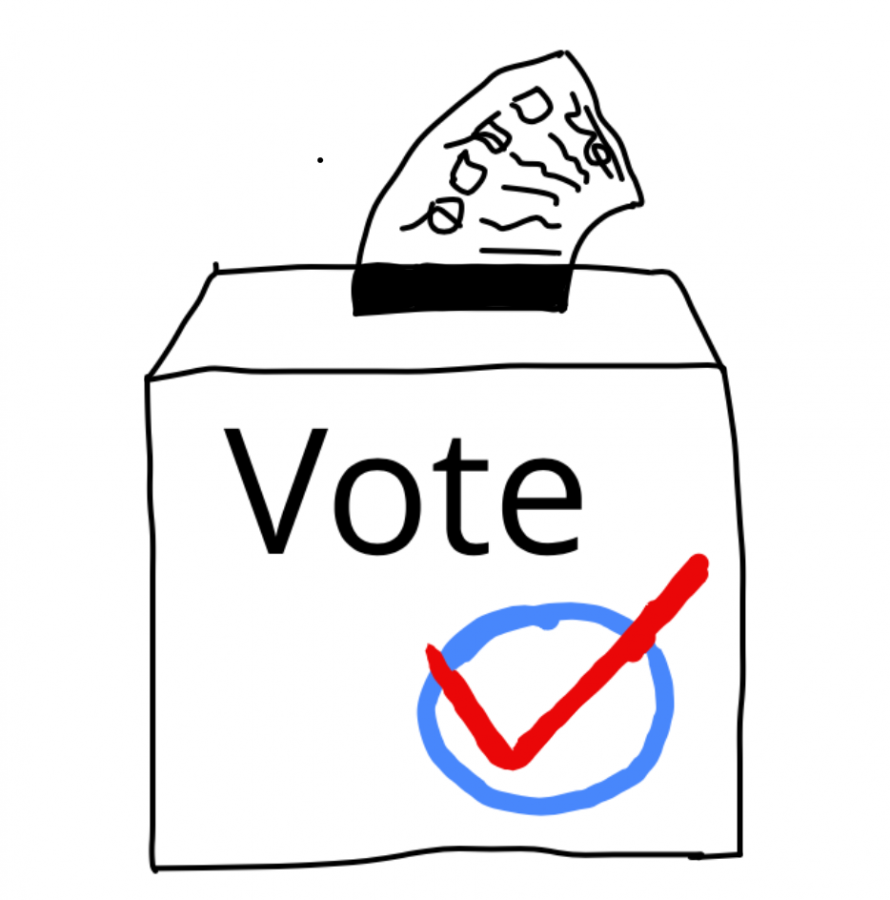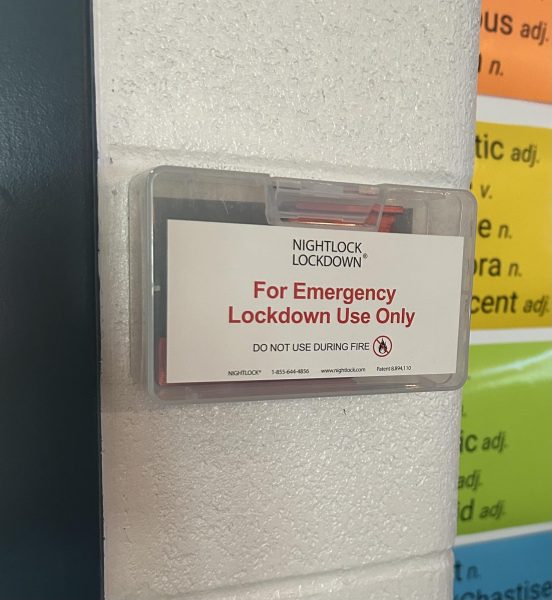Presidents and Precedents
November 19, 2020
The leaves have fallen, the temperature has dropped, and we have even seen snow. Fall came and is now going, but in this vital election year, the results may be difficult to understand given the obfuscating chaos of 2020.
Between COVID-19 related changes made to the voting process, hefty claims of voter fraud, and an unprojected close race, as of November 10th nearly a quarter of Americans believed that either the election had not been decided, Donald Trump is the president-elect, or did not know the results either way, according to Reuters. This election is not only significant because of the extent that there are many misinterpreting the results, but also what this means in a historical sense to the United States and the world.
To be clear: the Associated Press declared Joe Biden president-elect on Saturday, November 7. Biden had won over the required 270 electoral votes to be nominated and had done so by some unexpected historical margins. Biden had been the first Democrat to win Georgia since 1992 and the first to win Arizona since 1996. Currently, Biden holds 290 electoral votes. In opposition to Trump’s 232 votes, this puts Biden ahead by a considerable margin.
So, with all available and official information from the press, it’s apparent that Biden won. So what explains the gap in actual United States citizens accepting or understanding election results?
This election cycle, over half of all ballots cast were mail-in: more than double the 2016 election percentage.
As far back as 2016, President Donald Trump has levied accusations of voter fraud, claiming without base, “In addition to winning the Electoral College in a landslide, I won the popular vote if you deduct the millions of people who voted illegally.” I believe that this was Trump setting a precedent: one of the systems setting themselves up against him and rigging elections that he could regardless come out victorious in. With this narrative in place, it becomes a lot more consistent for Trump to not accept the 2020 election results in the same exact way, tweeting out as late as the 15th of November, “[Biden] only won in the eyes of the FAKE NEWS MEDIA. I concede NOTHING! We have a long way to go. This was a RIGGED ELECTION!” In fact, in January of 2019, Trump had already begun saying on twitter, “8,000 non-citizens voted in Texas, with 95,000 non-citizens registered to vote. These numbers are just the tip of the iceberg. All over the country, especially in California, voter fraud is rampant. Must be stopped. Strong voter ID!”
In response to my previous question about citizens accepting the legitimacy of an election: Why would you believe the results of an election when the president and his administration have been building a narrative that the results will be rigged against him? In spite of the ludicrous claims, I couldn’t fault most people following this divisive narrative.
My biggest concern with Trump’s refusal to concede is the precedent he is setting. It has to be clear now and today that the United States is only accepting official election results with factual grounding, otherwise, with a not insignificant amount of Americans believing contrary results, we could be inciting future unprovable incidents of alleged ballot fraud. If a politician attempts a partisan allegation of election fraud, either more substantially or with more party or media backing, we could see potentially much more chaos or violence drawn back to an election.
The president-elect is decided, but the election is not over until Trump concedes. Whether or not Trump will have any legal or political standing or backing for his claims is unlikely, but democracy being a core American value, every American citizen has an obligation to defend its fruits regardless of how bitter they are to you personally. I have faith in democracy and Americans’ obligation to defend it. I believe that we will see an undisputed Biden presidency, but we’re still playing with fire. We know the election result, but who will be in the White House a year from now?










